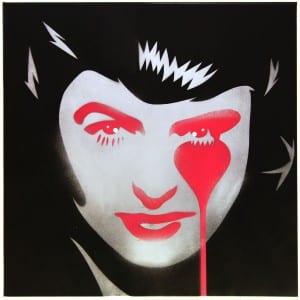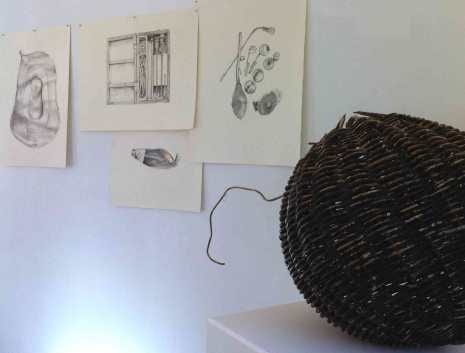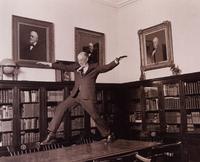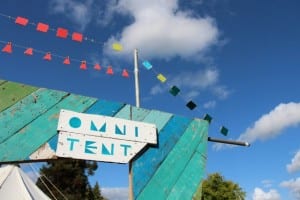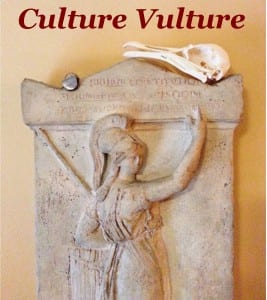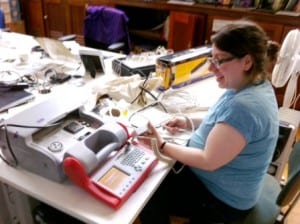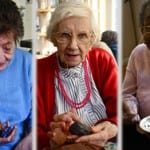On Wednesday 17th September UCL Museums will be taking part in the Ask A Curator Day event on twitter. This event is growing year on year, and at the time of writing, this week’s event has 520 museums taking part from 36 countries. We know that asking a question in a museum can sometimes feel intimidating, and that we curators can sometimes be hard to track down. There’s so much to do that we aren’t always the most available group of people (though we really do try). We are taking part in the day as part of our commitment to make our collections as accessible as possible.
Ask A Curator works like this. Anyone in the world with a twitter account can tweet a question with the #AskACurator hashtag, and it will be answered by any of the institutions taking part. If you have a specific question for us you can tweet it directly to us @UCLMuseums and one of our staff will do their best to answer you. The Grant Museum of Zoology is taking part using @GrantMuseum, as is the Petrie Museum of Egyptian Archaeology on @PetrieMuseEgypt.
In preparation for this I thought I would introduce you to our members of staff taking part…
Jack Ashby – Jack is the Manager of the Grant Museum of Zoology. He is responsible for the strategic direction of the Museum, as well as managing the Museum’s resources. Much of his time is spent on creating opportunities for the public to engage with research going on at UCL. A zoologist by training with a particular interest in Australian mammals, he still spends as much time as he can in the field. He’ll be taking questions via @GrantMuseum throughout the day and from the @UCLMuseums account from 12 – 1 pm. (more…)
 Close
Close


